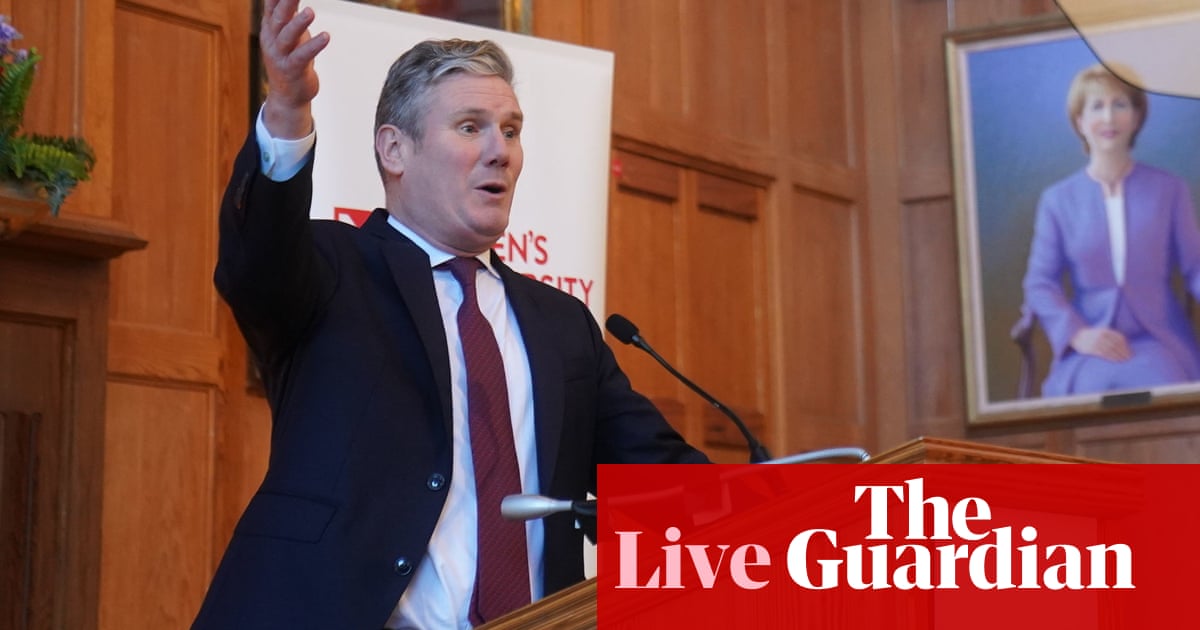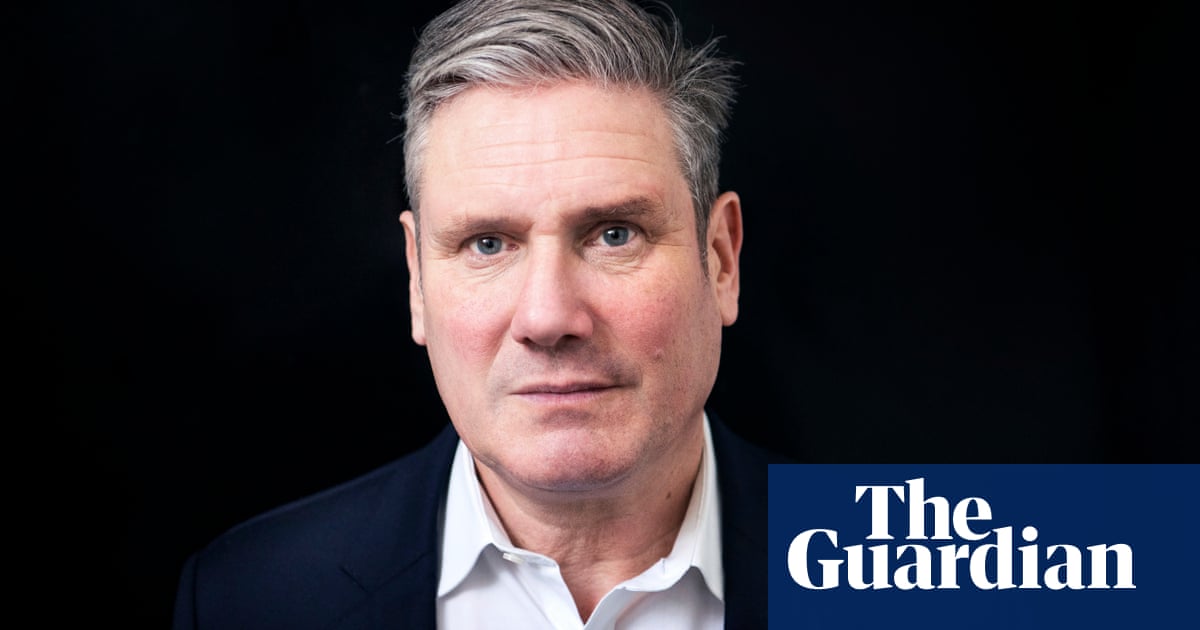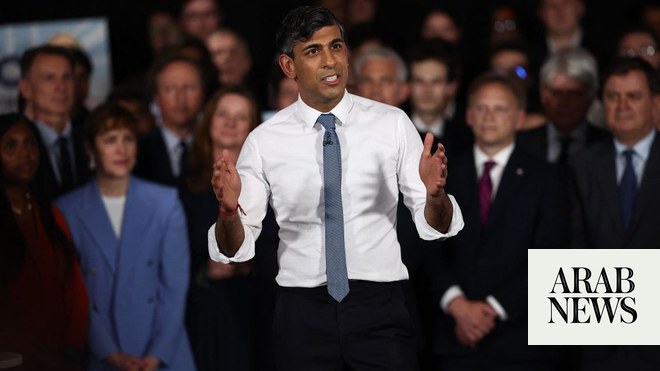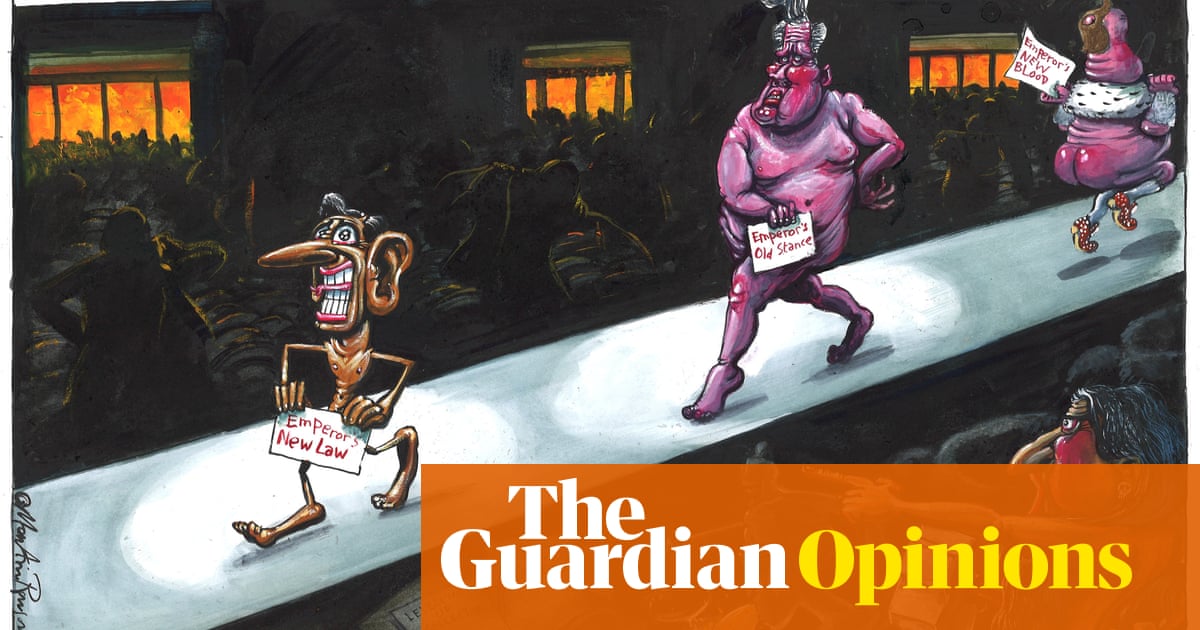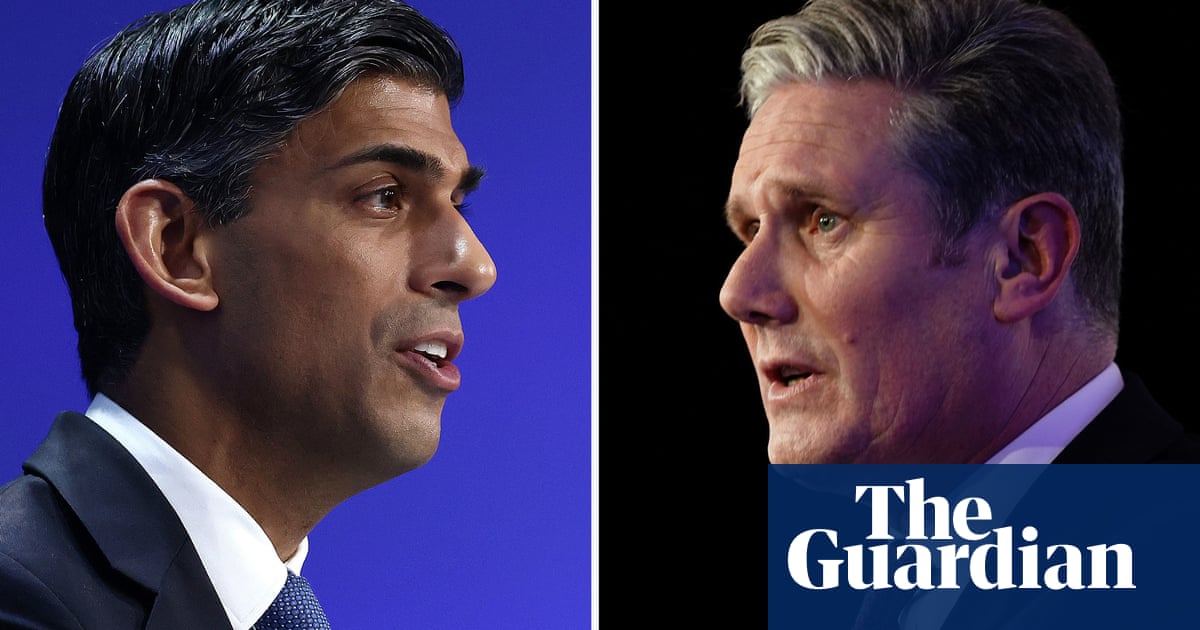
Rishi Sunak and Keir Starmer have faced off against each other for the past 11 months as leaders of their parties, but the time has been marked by frustration within their own ranks that they are failing to create clear dividing lines with their opponents.
That situation has begun to change. The Conservative leader suddenly seems more eager to lay out his own ideological credentials – even if recent net zero announcements were quickly rushed out in response to leaks.
While he has continued to resist pressure from his backbenchers to deploy what they regard as traditional Tory vote-winning measures – namely tax cuts – there is a sense that Sunak is making a play to cut back Labour’s poll lead.
Meanwhile, Starmer’s recent “global tour” taking in The Hague, Montreal and Paris, where he met Emmanuel Macron, has been the backdrop for a number of noteworthy pronouncements by the Labour leader, who has also at times seemed more free-wheeling in interviews than before.
Some see it as the Labour leader beginning to take more of a calculated gamble on potentially tricky issues – Britain’s post-Brexit relationship with the EU and immigration – after months of policy rollout on supposedly safer issues, such as the NHS and education.
Here we look at how the parties are dividing.
Net zero
Sunak’s scrapping of a range of green proposals – albeit some which critics say were never firm policies in the first place – have made the next general election a referendum in some ways on how the UK will reach net zero on greenhouse gas emissions.
After the prime minister announced a delay to the deadline for phasing out the sale of new petrol and diesel cars – from 2030 to 2035 – Labour said it would restore the 2030 deadline.
However, shadow ministers have admitted they would not completely undo the prime minister’s announcements, and Labour does not plan to bring back the 2026 deadline for beginning the phase-out of all gas boilers.
“Labour isn’t going to put people’s bills up,” the shadow environment secretary, Steve Reed, told Times Radio.
Either way, environmental policies seem likely to be pushed to the forefront of the election campaign by the Tories, emboldened by their victory in the Uxbridge byelection where hostility to London’s ultra-low emissions zone car charge was successfully deployed as a wedge issue.
Europe
Brexit is set to remain an issue after a series of statements by Starmer about his vision of a future EU-UK relationship – prompting immediate attacks by Conservatives.
Starmer’s comments included saying Labour did not “want to diverge” from the EU when it came to standards on issues ranging from work to the environment. He also committed in a Financial Times article to pursuing a major rewrite of the Brexit deal with the EU.
Sunak has ruled out renegotiating the post-Brexit trade deal. In contrast to Labour, his foreword to the agenda for next week’s Conservative conference talks of how “Brexit freedoms” are making Britain’s financial services, life sciences and technology sectors more competitive.
Immigration
Starmer’s desire to secure an EU-wide returns deal for asylum seekers who come to Britain and his willingness to discuss the UK accepting a quota of asylum seekers in return sparked 24 hours of attacks from Conservative MPs last week.
Labour believes any agreement with Brussels would have to be “quid pro quo”, meaning accepting quotas of migrants from the bloc in return for sending back people who arrive illegally.
Soon after the Labour announcement, the prime minister’s spokesperson told reporters at Downing Street that, while talks continued with the EU on brokering a returns agreement, the government would never accept a quota of migrants as the price for it.
Plans to send people to Rwanda to have their asylum applications processed remains a central element of the government’s stance on immigration, a policy which Labour has vowed to scrap.
Transgender rights
A pledge by Labour to lead on reform of transgender rights by simplifying the gender recognition law have put the party squarely at odds with the Conservatives, which has frequently sought to make this a wedge issue.
Lee Anderson, the Conservative party’s deputy chair, made it clear in February that the Tories should put a “mix of culture wars and trans debate” at the heart of its general election campaign.
Since then, people have been waiting for the government to publish its long-delayed transgender guidance for schools. It had been expected to say that teachers would be obliged to inform parents if a child was questioning their gender.
HS2
Speculation has been mounting that the Manchester leg of the high-speed rail line could be axed by the government. There have also been reports that Downing Street and the Treasury are drawing up proposals to scale back the project dramatically in a move that would result in the line stopping short of Euston station in London.
On Thursday, the chancellor, Jeremy Hunt, added to the rumours by suggesting the costs involved with building HS2 were “getting totally out of control”.
The project is not without challenges for Labour, amid a wavering of its commitment to building the project, including the scrapped Leeds leg. Nevertheless, Starmer insisted on Friday that he still supports HS2. One of his frontbenchers, Nick Thomas-Symonds, went even further on Monday by telling BBC Radio 4: “We will build HS2 in full.”
Benefits
Although it is yet to emerge as clear policy, a potential hint of a dividing line came this month when sources close to Hunt declined to deny a report that he was considering removing the link to increasing working benefits in line with inflation.
The prospect of real-terms cuts to benefits in the government’s autumn statement was described by figures on Labour’s left as potentially “catastrophic” for families.
But while Tory frontbenchers declined to comment on what it described as speculation, such a move by the government would lay down a gauntlet to the opposition as it carefully calibrates its fiscal plans.





